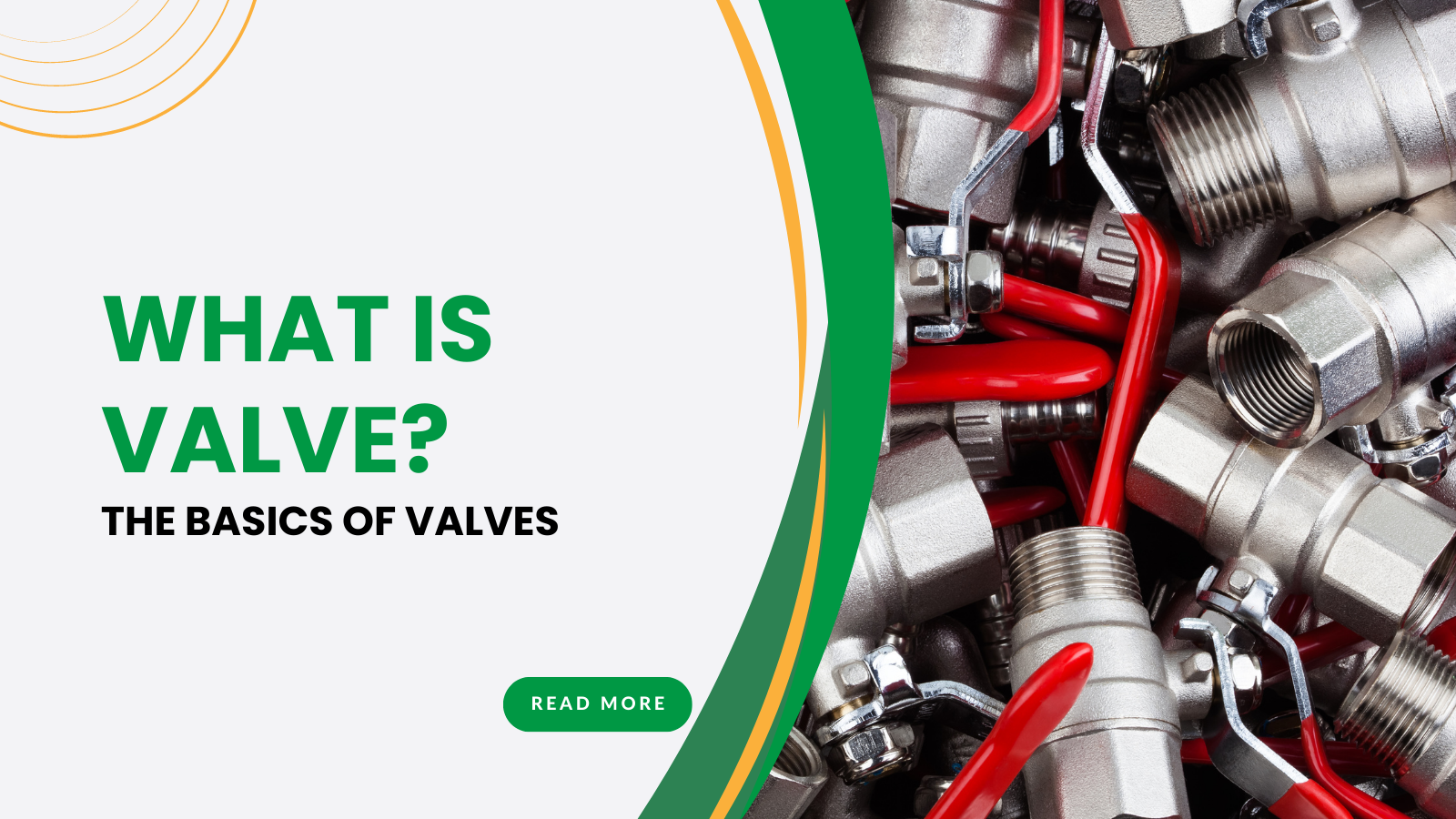What Is a Valve? A Guide to Valve Types, Functions, and Applications
Ball Valve Gate & Globe Valve Butterfly Valve Check Valve Contact INOX-TEK
Valves are fundamental components in fluid control systems, playing a vital role across a wide range of industries. These mechanical devices are designed to regulate, direct, or control the flow of liquids, gases, vapors, or slurries by opening, closing, or partially obstructing passageways within piping systems. From power plants and chemical facilities to water treatment and pharmaceutical production, the proper selection and use of valves are essential for process efficiency, safety, and operational reliability.

What Is a Valve?
A valve is a mechanical device used to control the flow and pressure of fluids within a system. By manipulating the internal closure mechanism—such as a ball, gate, disc, or plug—a valve can start, stop, throttle, or redirect fluid flow. Depending on the design, valves can operate manually, pneumatically, electrically, or hydraulically. They are indispensable to modern industrial processes, enabling precise flow control and system protection.
Core Functions of a Valve
Valves are used for several critical functions, including:
- Isolation: Start or stop fluid flow within a system (e.g., ball, gate valves).
- Regulation: Throttle flow to control rate, pressure, or direction (e.g., globe, butterfly valves).
- Non-return: Prevent backflow or reverse flow in pipelines (e.g., check valves).
- Mixing/Diverting: Blend or reroute fluid paths (e.g., multi-port ball valves).
The performance of an entire process system can hinge on choosing the right valve type for these control tasks.
Common Types of Valves and Their Functions
Ball Valves
Ball valves use a spherical closure element with a bore. When the bore is aligned with the pipeline, fluid flows freely; when rotated 90°, the flow is blocked. Known for their quick operation and tight shutoff, ball valves are widely used in on/off applications requiring minimal leakage and minimal pressure drop.
Gate Valves
Gate valves operate by lifting or lowering a wedge-shaped gate to allow or block flow. They are designed for full open or full closed service and are ideal for systems that require unobstructed flow with minimal pressure loss. However, they are not suitable for throttling applications.
Butterfly Valves
Butterfly valves feature a rotating disc that controls flow by varying the angle of the disc within the pipe. These valves are compact, lightweight, and suitable for large-diameter applications. While less precise than globe valves for throttling, they are favored for fast operation and low cost.
Globe Valves
Globe valves are designed for precise flow regulation. Their disc moves vertically to throttle the fluid flow accurately, making them ideal for applications where flow rate must be finely adjusted. However, they generally have higher pressure drops compared to other types.
Check Valves
Check valves (non-return valves) allow fluid to flow in one direction only. They automatically close when backflow occurs, protecting equipment and preventing process contamination. They are commonly used in pump discharge lines and chemical systems.
Advantages and Disadvantages of Valve Types
Each valve type has strengths and limitations depending on the application:
- Ball Valves: Excellent shutoff, fast operation; not ideal for throttling.
- Gate Valves: Low pressure drop; slow operation, not for frequent cycling.
- Butterfly Valves: Lightweight and economical; limited throttling precision.
- Globe Valves: Precise control; higher pressure loss.
- Check Valves: Prevents backflow; no manual control.
Selecting the right valve involves balancing these trade-offs based on system demands.
Industrial Applications of Valves
Valves are deployed across virtually every industry where fluid handling is involved. Their role in maintaining safety, optimizing performance, and supporting regulatory compliance is critical.
Power Generation
- Steam Control: Regulate steam flow to turbines and heat exchangers.
- Cooling Water Systems: Control coolant circulation to prevent overheating.
Oil and Gas
- Pipeline Control: Manage the flow of crude oil, natural gas, and refined fuels.
- Refinery Operations: Handle high-temperature, high-pressure, and corrosive fluids.
Chemical Processing
- Batch Mixing: Accurately control flow and dosing of chemicals.
- Material Compatibility: Require corrosion-resistant materials to prevent leakage and degradation.
Water Treatment & Distribution
- Purification Systems: Meter chemicals used in disinfection and filtration.
- Municipal Distribution: Control pressure zones and isolate service areas for maintenance.
Pharmaceutical & Biotechnology
- Sterile Environments: Maintain clean-in-place (CIP) and steam-in-place (SIP) protocols.
- Bioreactor Flow Control: Regulate gases, media, and nutrients in production environments.
General Manufacturing
- Food & Beverage: Manage ingredient flow while maintaining sanitary conditions.
- Pulp & Paper: Regulate slurry and chemical flow during production.
Ball Valve Gate & Globe Valve Butterfly Valve Check Valve Contact INOX-TEK
Conclusion
Valves are the gatekeepers of industrial fluid control. Their correct selection, based on factors like pressure, temperature, fluid type, and control requirements, is essential for the success of any system. From basic isolation to precise regulation, each valve type offers unique advantages suited to specific tasks.
INOX-TEK, as a professional Taiwan-based valve manufacturer, offers a wide range of industrial valve solutions—crafted with precision, certified for quality, and designed to perform in the most demanding environments. Whether you're managing steam, chemicals, water, or bioprocess fluids, trust INOX-TEK to deliver reliable valves built to meet your industry’s needs.
